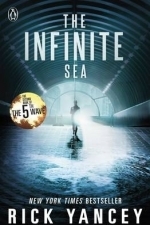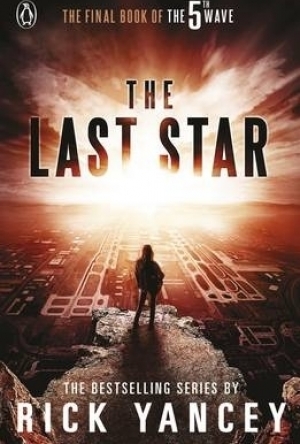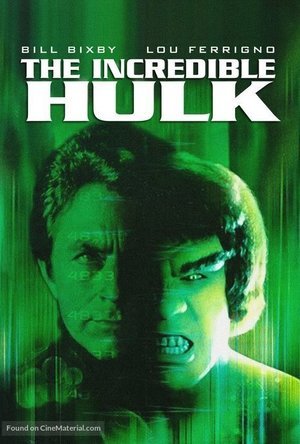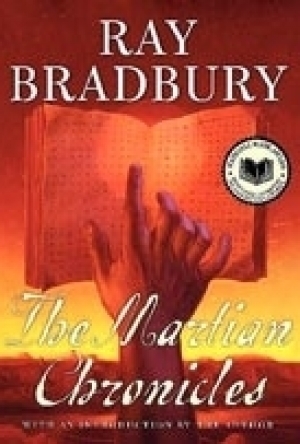
Rocket Video for Google Cast and Chromecast to TV
Productivity and Photo & Video
App
Unleash your Chromecast with Rocket Video Cast. With Rocket you can browse the web and stream any...

Gantt Lite - for Microsoft Office, Project ( XML / MPP files )
Business and Productivity
App
Import and Edit your Microsoft Project plans on iPad. Sign in and link to your Dropbox account to...

Gantt Pro - for Microsoft Office, Project ( XML / MPP files )
Business and Productivity
App
Import and Edit your Microsoft Project plans on iPad. Sign in and link to your Dropbox account to...
Awix (3310 KP) rated The Incredible Hulk in TV
Mar 16, 2018 (Updated Mar 16, 2018)
Everyone remembers this show as the one with the Hulk rasslin' small-time thugs every week, lots of jokes about 'how many shirts does this guy get through, ha ha', and 'you won't like me when I'm angry', but the range of styles and influences involved is really much greater - the programme goes from serious movie-of-the-week drama, to freewheeling comedy, to B-movie inspired horror and SF, and makes a pretty good job of all of them. Highlights include 'The Snare' (psycho millionaire whose hobby is hunting and killing drifters picks the wrong target), 'The Psychic' (a woman with unusual powers discovers Banner's secret just as it seems the Hulk has committed a murder), 'Equinox' (Banner and his indefatigable nemesis McGee finally come face-to-face at a masked ball, rather inspired by Masque of the Red Death), and 'The First' (Banner encounters another Hulk, created in the 1940s).
The programme's great strength is Bill Bixby's performance as Banner, for he is always utterly committed and usually highly convincing even when the episodes themselves wobble a bit. The show's Hulk is mute, but even so Ferrigno gives an increasingly effective turn as the creature (and eventually gets an episode where he appears as himself, so to speak, and does a pretty good job).
It is occasionally a bit formulaic, and you have to accept a few built-in implausibilities in the format, but this is a show which still stands up extremely well, and is still probably the biggest single influence on public perceptions of the Hulk. Well worth watching.

The Infinite Sea
Book
The Infinite Sea is the second book in the phenomenal and bestselling 5th Wave series by...

The Last Star
Book
The Last Star is the heart-stopping finale to the bestselling 5th Wave series by award-winning...

Fitness Buddy for iPad : 1700+ Exercise Workout Journal
Health & Fitness and Lifestyle
App
The #1 downloaded fitness app on the iPhone is now available on the iPad! - As seen and...
Ande Thomas (69 KP) rated The Martian Chronicles in Books
May 30, 2019
I understand why he is so well loved. I understand his importance in literature and in science fiction. I just don't like reading him. It's something I can't fully explain. I generally enjoy his stories and his ideas. He paints a beautiful portrait with his words, relying as much on the landscape as he does his characters, which I am normally really into. I like being able to peek into the social structure of the early days of science fiction to see how people envisioned the future and by extension, how they saw themselves. For some unknown reason though, I can never get myself settled and engrossed in a Bradbury story.
The Martian Chronicles has some highlights, to be sure. Favorites include <i>The Earth Men</i>, <i>Way in the Middle of the Air</i> and <i>Usher II</i> come immediately to mind. As simply a collection of short stories, I think I would like it more, but since he decided to thread them loosely together, it causes more trouble than it gains. Because of the nature of the narrative, we get a sort of dreamlike quality to the story. Rules that work in one story may not work in the next. The image of martian life that we are treated to seems a bit arbitrary and dependent on the tale that surrounds it at any given moment. And that's fine! It makes sense given that they were different stories published at different times. But there's nothing that really pulls them together into a cohesive unit.
The characters can at times, be a bit infuriating. The naivety and undisciplined behavior of many of the explorers irked me. <i>The Earth Men,</i> despite being one of my favorite stories, is the most egregious offender. An expedition to a new planet, especially one immediately after a failed one in which everyone died, is upset that none of the natives are thrilled with their presence? Their first and only concern is finding pats on the back? The redeeming factor in this story is the conclusion, which I find justified and well deserved. Maybe Mr. Xxx is right. (Which leads me to my frustration with Martian naming conventions throughout the various stories, but that's neither here nor there.)
Despite my grievances, I still appreciate the lofty ideas Bradbury puts forth and the perspective he brings. Maybe I'm too heavy into modern, harder SF to find solace in the whimsical worlds he presents here. I know it has it's place, that place just isn't with me.

SG Project Pro 5
Business and Productivity
App
The Simple Genius brand means fresh design thinking for practical project management apps. Designed...
Cynthia Armistead (17 KP) rated The Horns of Elfland in Books
Mar 1, 2018
Most of the stories were a bit darker than anticipated. 1997 was not such a depressing time to me, so I'm not sure why that would be the case.
I've had to send the book back to the library already, so I don't have it at hand despite finishing it last night.
The first standout story was "The Drummer and the Skins" by [a:John Brunner|23113|John Brunner|http://photo.goodreads.com/authors/1234623516p2/23113.jpg]. Finding a reference to a Yoruban peoples' tradition in a white British author's story was somewhat surprising, but go figure. I'm a white southern American woman, too. I suppose some people might argue that neither of us have no right to be interested/know about such things/whatever. I think of Brunner as a very hard SF writer, so that was especially surprising from him. His inclusion in a fantasy anthology was a surprise altogether. These surprises are some of the things I enjoy about anthologies - they challenge my assumptions.
I was rather bitter when I first thought I understood what [a:Terri Windling|46137|Terri Windling|http://photo.goodreads.com/authors/1235254340p2/46137.jpg]'s novelette "The Color of Angels was about. "Just what I need to read about," I told Sam. "A story about a woman gradually losing everything she loves to illness." MS, in the story (not one of my diagnoses, but it hit far too close to home, anyway). Suffice it to say that I was glad that I continued to read.
Even if I hadn't been happy with where the story went, I would not have been able to resist Windling's writing. She brings in so much of the world - colors, textures, music - so that I felt far more immersed in that one piece than I have in my own life at times. She is marvelously evocative. I haven't managed to put my hands on any of the Bordertown/Borderlands books, despite seeking them for a long time. Now I'm adding her solo works to to the "look for" list, and pushing them much higher on the priority scale.
"The Death of Raven" by [a:Ellen Kushner|11889|Ellen Kushner|http://photo.goodreads.com/authors/1243007888p2/11889.jpg] was unexpectedly comforting. Very brief, quite simply, but one I would love to see reprinted to increase its availability. (It may have been reprinted, for all I know. I certainly hope that it has been.) I've got Kushner's novels on my "to-read" shelf, but I think I'll move them up a bit.



Andy K (10823 KP) Mar 16, 2018